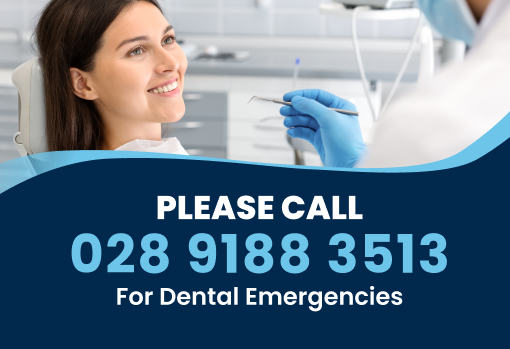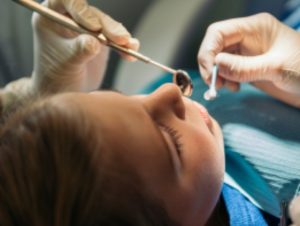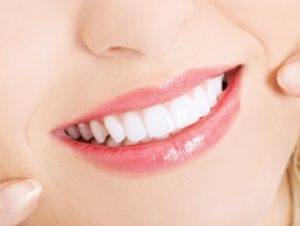If you experience sudden tooth pain or need emergency dental care for a damaged tooth, it can feel pretty scary. Even more so if it is a young child who has an emergency. A lot of the worry stems from not knowing whether there is something seriously wrong, or not. Emergency dental care is, therefore, crucial to find out what has happened and how to treat the problem.
Finding Professional Emergency Dental Care
If in any doubt, it is always best to seek professional emergency dental care. Most dentists will have arrangements in place for out-of-hours contact. This could be a phone number on their website to call or leave a message 24/7. Or there may be instructions online about how to access help from the nearest dental hospital or A&E department. However, as well as calling on professional support, there are other ways that you can help yourself or your child find emergency dental care.
Coping With A Dental Accident Or Injury
If you or your child suffers an accident that results in damage to one or more teeth, there are some things that can help reduce the pain and raise the odds of being able to save the tooth. If you experience bleeding, rinse out the mouth with some warm water and apply pressure to the affected area with a cold compress. This should help reduce the bleeding and calm the situation down until you can seek emergency dental care. Bruising and pain should also be checked out by a dentist as soon as possible after an injury, in case they are symptoms of something more serious.
If a tooth gets broken or knocked out of your mouth altogether, this requires immediate emergency dental care. For adult teeth, clean the knocked-out tooth in some water, holding it by the crown. If possible, fit it back in place, biting down on a clean handkerchief to keep it still. Find a dentist immediately for emergency treatment. Time can be of the essence, as the longer a tooth remains out of the mouth, the harder it can be to put it back in.
If you cannot fit it back in your mouth, place it in some milk and, again, seek immediate help. Knocked-out milk teeth should not be fitted back into a child’s mouth as this could damage the adult teeth underneath. Emergency dental care is always required for such cases, after having put the tooth in milk to protect it during transit.
Handling ‘stuck’ Objects
Several different types of objects can get stuck between, or in a tooth without being able to be extracted again. Foods like nuts and seeds, popcorn, crisps, chewy sweets and stringy vegetables can be common culprits. When these foods don’t dislodge or dissolve on their own, this can lead to damage to the teeth. Bacteria can get inside, which, if left untreated, can result in more serious issues like root canals.
Before seeking help from a dentist, you can try to remove the stuck object yourself by brushing your teeth, flossing or gently using tweezers. Stop immediately if you experience any pain or bleeding and seek emergency dental care. Do not apply any undue force to the tooth. This could result in a crack, chip or other type of damage.
Dealing With Toothache
Toothache intensities can range from a mild irritant to completely debilitating pain that leaves you unable to function normally. They can be caused by a range of things, from biting down on a hard piece of food to developing gum disease or a full-blown abscess. Cavities can also hurt if left untreated, as decay and bacteria reach the more sensitive areas of the tooth and begin to inflame the nerve.
Some common home remedies for milder toothaches include gargling with warm salt water to relieve pain and swelling. Other options include applying oil cloves, pressing an ice pack against the affected area and seeking relief from over-the-counter painkillers. However, for more painful or urgent cases, emergency dental care is the best way forward. While some cases can be treated by A&E, it is normally better to contact a dental surgery offering emergency care. They will be better equipped to help and will have staff with more specialist knowledge immediately to hand.





